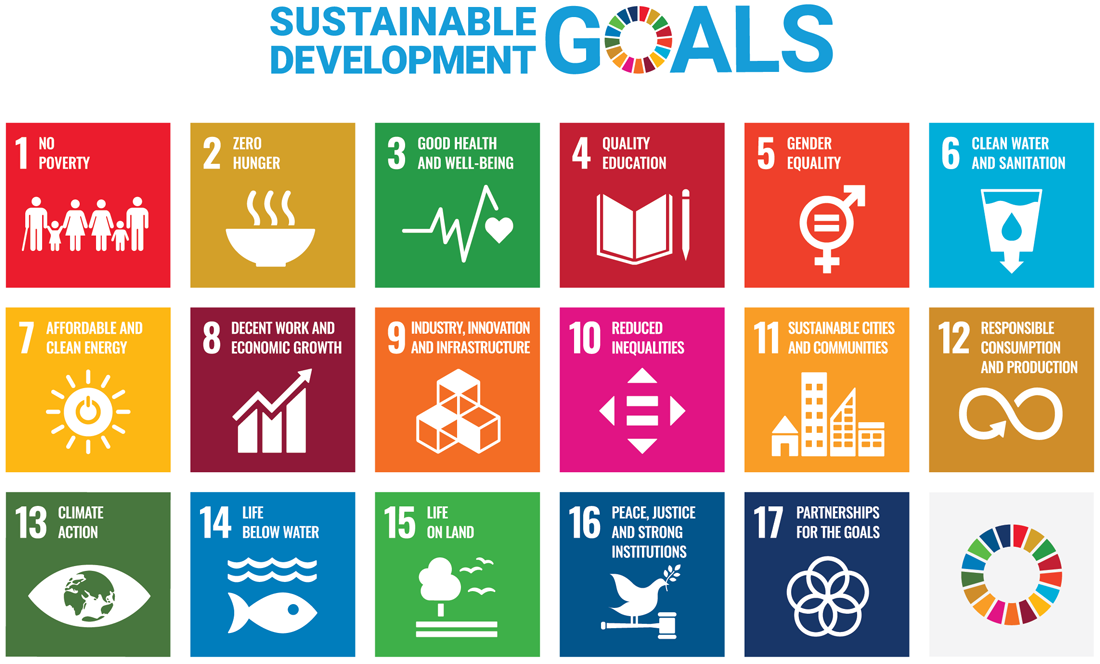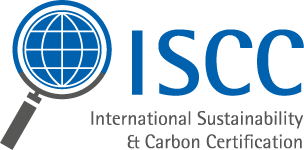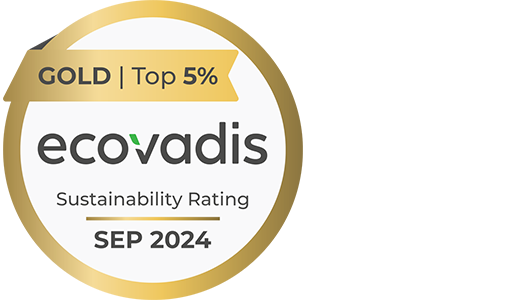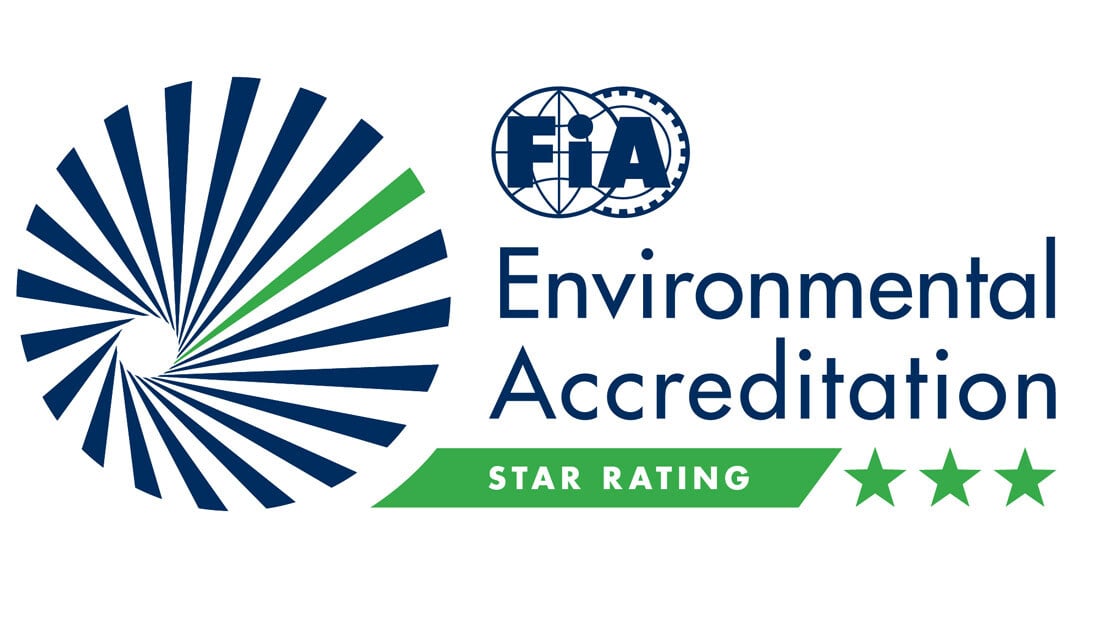
Today, if there is one important issue that companies are concerned about, it is solutions and concepts for more climate and environmental protection, better energy efficiency and the reduction of CO2 emissions - in short, for more sustainability. But how exactly is this defined? What are the global or national goals? And how do companies implement it? We give a brief overview.
Addressing the UN's sustainability goals
In 2015, the global community committed to more sustainable development within the framework of the United Nations (UN) and defined 17 global Sustainable Development Goals (SDGs). They cover both climate and environmental protection, but also take into account human rights and aspects of peaceful social coexistence.
An important starting point is the consideration of the most vulnerable population groups and countries in order to also implement the goals effectively and as a community.

17 Sustainable Development Goals (SDG) - United Nations (unric.org)
The EU has taken up these goals in its Green Deal and the expanded Fit for 55 package of measures, anchoring cooperation between goals and businesses to ensure successful implementation.
Read more:
Sustainability – a controversial term
The term sustainability is on everyone's lips. This is because it describes, in terms of content, the long-term nature, permanence and future orientation of an organsiation whilst taking into account all three important sub-areas: Ecology, Economy and Social issues.
|
Excursus: Where does the term sustainability come from? The term sustainability originally comes from forestry and is traced back to a publication by Hans Carl von Carlowitz in 1713, in which he wrote about the sustainable use of forests. Translation into English and French in the 19th century In the course of the 19th century, the term sustainable was translated into English and French. In forestry publications in Switzerland, a suitable French translation was sought and soon found as Production Soutenu and with the verb soutenir. In English, this gave rise to the term sustainable. First use in the 20th century In the middle of the 20th century, the terms sustainable were used for the first time outside forestry, at the first conferences on environmental protection and international development. Use by the United Nations At the international level, the concepts of sustainable development were first discussed by the United Nations at the World Environment Conference in Stockholm in 1972 and the Brundtland Report of the WCED in 1987, as well as at the World Summit in Rio de Janeiro in 1992. The term sustainable development was decisively coined by the Brundtland Report. (Source: Lexikon der Nachhaltigkeit) |
Role model and responsibility: Companies under obligation
Companies play a central role in the implementation of sustainability goals, because topics related to energy, emissions, production or resources have an impact on a large scale. Additionally, responsibility for employees, corporate culture and ethics, but also social obligations for the community and society are in focus.
With industrialisation in Europe, the first beginnings of social entrepreneurial activity began with the creation of workers' housing, company medical services and company childcare. As early as the 1920s, the idea of social responsibility emerged in the USA - for the first time under the term Corporate Social Responsibility (CSR) - but it was not until the 1990s that it became increasingly established worldwide as a voluntary commitment.
Companies have a responsibility for the effects of their operations - a now accepted understanding of economic activity.
Today, companies are guided by the goals of the EU or the UN and are also increasingly obliged by regulations of the legislators. This is an important interaction in order to advance the global goals for climate protection and the associated reduction of CO2 emissions.
Do you already know the SDG Compass? This guide helps companies to align their strategy with the UN Sustainable Development Goals:
Chemical sector takes the lead in technology & innovation
Chemical companies have been dealing with sustainability topics not only since the European Green Deal.
Safety & risk, environment & health, and energy & resources have long been an integral part of strategic planning in the chemical sector. These include, for example:
- Promotion of the circular economy
- Development of biodegradable alternatives
- Developing sustainable solutions
- Environmentally conscious packaging
- Use of renewable energy sources
- Increasing the awareness of sustainability as a key driver for chemical companies
Among society's expectations and discovering their own opportunities, chemical companies see more and more potential to further develop innovations and technologies at product level or through further benefits in the value chain.
Conclusion
The topic of sustainability cannot be an empty phrase, but must be actively filled with life and measures. Legislators and companies alike have a responsibility to think innovatively and in a forward-looking way. Sustainability should not be understood as an obligation in the best sense of compliance, but as a real economic and thus ecological and social opportunity.
Are you interested in further blog articles on the topic of sustainability?
And find out more on Haltermann Carless activities:
























